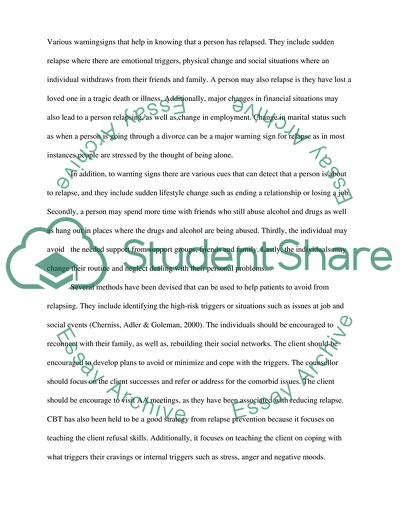Cite this document
(“Addiction Assignment Example | Topics and Well Written Essays - 1000 words”, n.d.)
Addiction Assignment Example | Topics and Well Written Essays - 1000 words. Retrieved from https://studentshare.org/health-sciences-medicine/1670339-addiction
Addiction Assignment Example | Topics and Well Written Essays - 1000 words. Retrieved from https://studentshare.org/health-sciences-medicine/1670339-addiction
(Addiction Assignment Example | Topics and Well Written Essays - 1000 Words)
Addiction Assignment Example | Topics and Well Written Essays - 1000 Words. https://studentshare.org/health-sciences-medicine/1670339-addiction.
Addiction Assignment Example | Topics and Well Written Essays - 1000 Words. https://studentshare.org/health-sciences-medicine/1670339-addiction.
“Addiction Assignment Example | Topics and Well Written Essays - 1000 Words”, n.d. https://studentshare.org/health-sciences-medicine/1670339-addiction.


